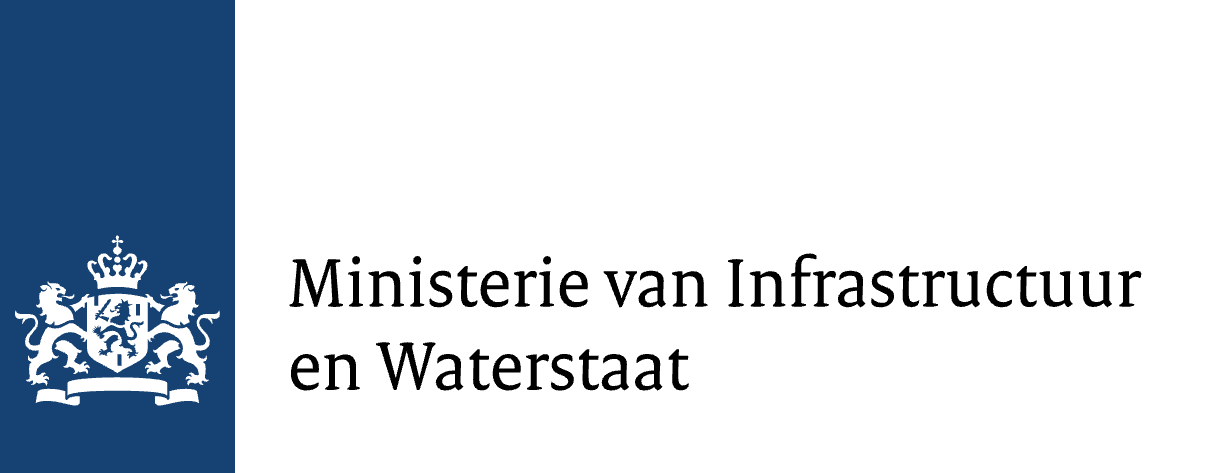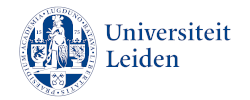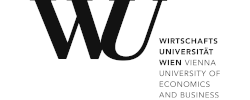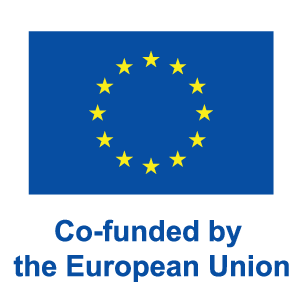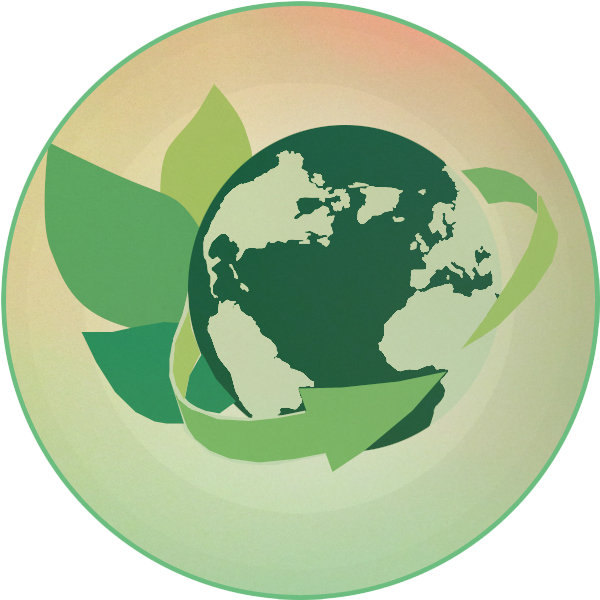
Objective of Work Package : WP3 will quantify the impacts of global trade in raw and processed non-food biomass from land and sea induced by EU production and consumption activities on biodiversity and ecosystem services worldwide.
Methodology : WP3 will develop a hybrid (mixed-unit) MRIO model, which represents biomass flows within and between over 190 countries worldwide at a detail of up to 500 biomass commodities and 200 industries and service sectors. A special focus lies on a detailed representation of non-food biomass products from agriculture, forestry and fishery. The model will be extended by environmental data, covering land use, water consumption, and greenhouse gas (GHG), nitrogen and phosphorous emissions, as well as the biodiversity and ecosystem metrics developed in WPs 1 and 2. The resulting model will be applied to track non-food biomass products originating from land and sea along global supply chains and quantify the impacts of trade on biodiversity and ecosystems. The final step of WP3 will assess different options for assigning responsibility for global biodiversity loss between the different supply chain actors and reflect on their policy implications.
Output : WP3 will deliver the most detailed global model so far for evaluating the environmental impacts of trade with all types of land- and sea-based biomass products. Based on the model application, WP3 will deliver a comprehensive assessment of the biodiversity and ecosystem impacts of international trade in non-food biomass products, identify leakage effects at all stages of supply chains, and present different options to share the environmental responsibility between different actors.




